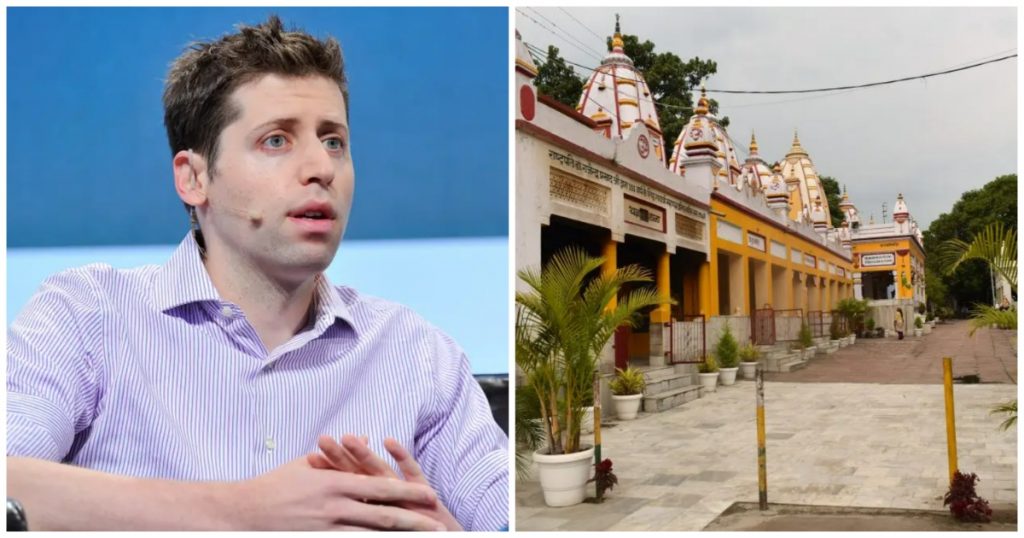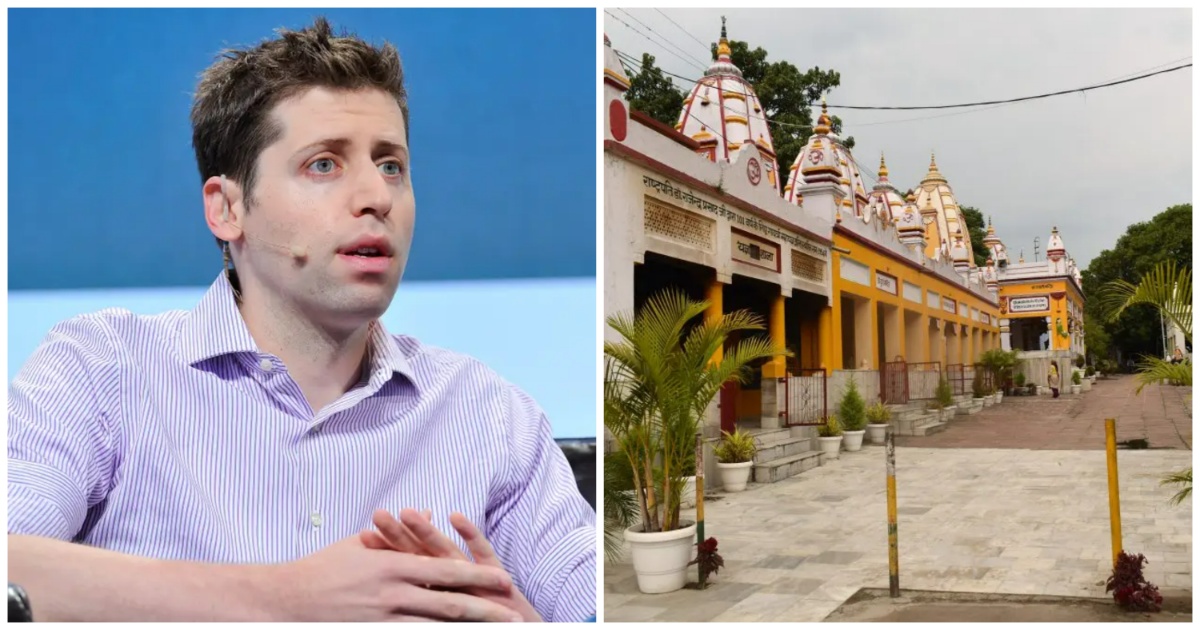There’s no shortage of scientists and technologists who’ve delved deeply into Indian spirituality, but one of the tech world’s newest stars seems to have more than a passing interest in the area.
OpenAI CEO Sam Altman has revealed that he’d spent some time at an ashram after selling his first company, Loopt, in 2012. Since then, Altman has become more famous as a Partner at Y Combinator, and more recently, as the CEO of OpenAI, the company behind ChatGPT. Altman is now viewed as one of the guiding lights of the AI revolution, and has held discussions with world leaders including Indian PM Narendra Modi, British PM Rishi Sunak and French PM Emmanuel Macron.

But in 2012, Altman was just 27, and had sold his startup, Loopt, for $43 million. He’d made $5 million from the process, but such was his ambition that he had regarded the outcome as a failure. “Failure always sucks, but failure when you’re trying to prove something really, really sucks,” he’d said about that time. He was pretty unhappy with how his startup turned out, and took a year off, in which he also stayed in a ashram.
“I was like, I’m gonna go to an ashram for a while, and it changed my life,” he recently said. “I’m sure I’m still anxious and stressed in a lot of ways, but my perception of it is that I feel very relaxed and happy and calm.” he added.
It’s perhaps at this ashram sojourn where Altman developed an interest in Hinduism’s Advaita Vedanta philosophy. In the past, Altman has tweeted several times referencing Advaita Vedanta. Last year, he’d said that one thing he strongly believed that many other people didn’t necessarily believe in was the absolute equivalence of atman and brahman.

This, of course, is the core tenet of the Advaita Vedanta philosophy. It refers to the idea that Brahman, or the infinite universe, is alone ultimately real, while atman, which is the individual self or soul, is merely a manifestation of it. The apparent separation of Brahman and Atman is viewed as an illusion caused by ignorance (avidya). Through self-inquiry, meditation, and a deep understanding of the nature of reality, one can realize the oneness between Atman and Brahman, and attain moksha.
Altman has also previously indicated that he’s studied Hindu philosophy. When asked on X as to what his source material for Advaita study was, he replied “I think Maharshi got it perfect with “ask yourself, who am i?” Takes a while though.” Altman is referring to Hindu sage Ramana Maharshi, who’d lived between 1879 and 1950, and had attracted both Indian and western followers.
Sam Altman isn’t the only tech giant who appear to be a keen follower of Indic philosophy. Apple’s Steve Jobs, most famously, had visited India in his youth in search of Neem Karoli Baba, and had returned to the US barefoot and wearing saffron robes of a sadhu, and Meta’s Mark Zuckerberg too has looked at Neem Karoli Baba for inspiration. Twitter co-founder Jack Dorsey is an avid practitioner of Vipassana. Now it turns out that OpenAI CEO Sam Altman has not only spent some time in an ashram, but also regularly quotes Hindu philosophy. The world has changed fundamentally over the last century or so, but some of the people who’ve been at the forefront of this change seem to continue to lean on Hinduism’s millennia-old wisdom to help guide their actions.
